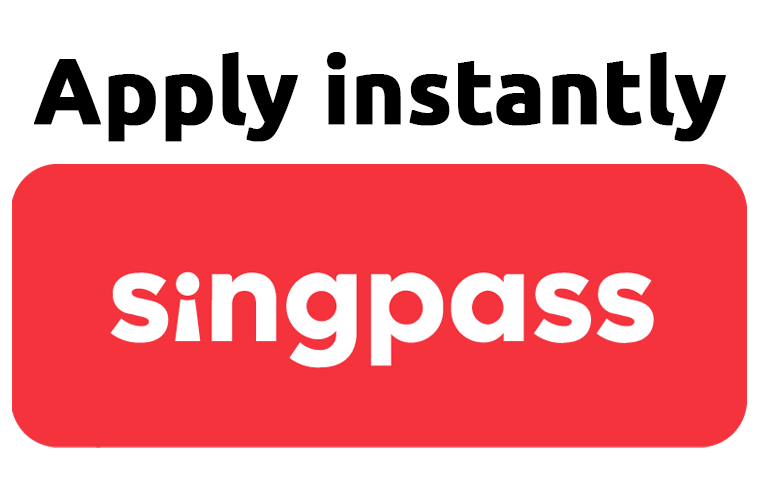Compare and Find Your Ideal Home Loan Rates in Singapore
Table of Contents
The perfect home is within reach. Regardless of whether you’re purchasing a new property or refinancing an existing one, it’s essential to make a wise financial decision. Don’t settle for high home loan rates in Singapore. It is always a good idea to compare the best home loan rates in Singapore and find an option that fits your needs. Get the most competitive housing loan rate in Singapore and make your dream home a reality.
What is a Home Loan?
A home loan is a secured loan used to finance the purchase of a property. How does it work? A bank or financial institution lends you a large sum of money to buy a house, and the property itself serves as collateral.
If you fail to make your loan payments, the lender has the right to take possession of the property to recover their funds. Home loans are typically paid back over a long period of time, often stretching 20 to 30 years, in fixed monthly instalments.
Home Loan Rates in Singapore
Fixed Rates
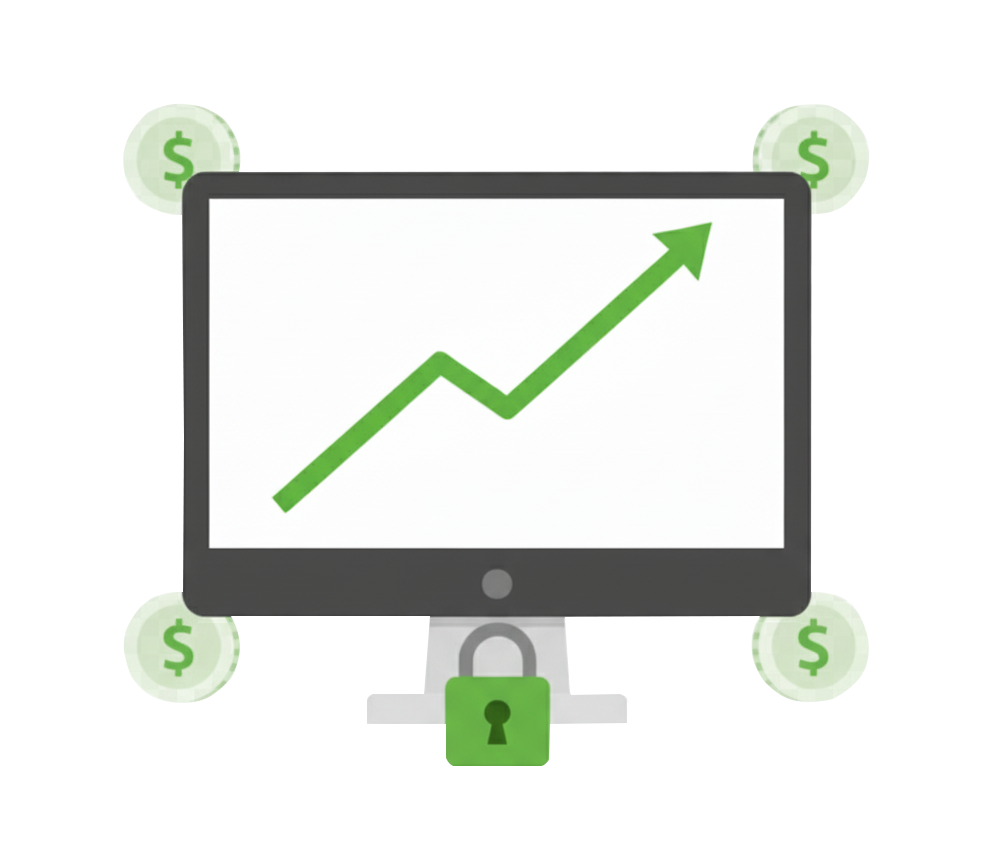
A fixed-rate home loan offers a consistent interest rate for a specific period, typically for a lock-in period of 2 to 5 years. Your interest rate and, consequently, your monthly repayments will remain constant during the lock-in period. This predictability makes it much easier to manage your personal finances and budget for the long term.
However, once the fixed-rate period ends, the loan reverts to a floating interest rate, which is usually quite a bit higher. At this point, it is crucial to act fast. You should contact your bank to reprice your loan to a more favourable rate or refinance with a different bank altogether to secure a new fixed-rate package. While it can get tedious, the best thing is that your payments remain as affordable as possible, and you don’t get stuck with a higher, variable home loan interest rate that’s to your disadvantage.
Floating Rates
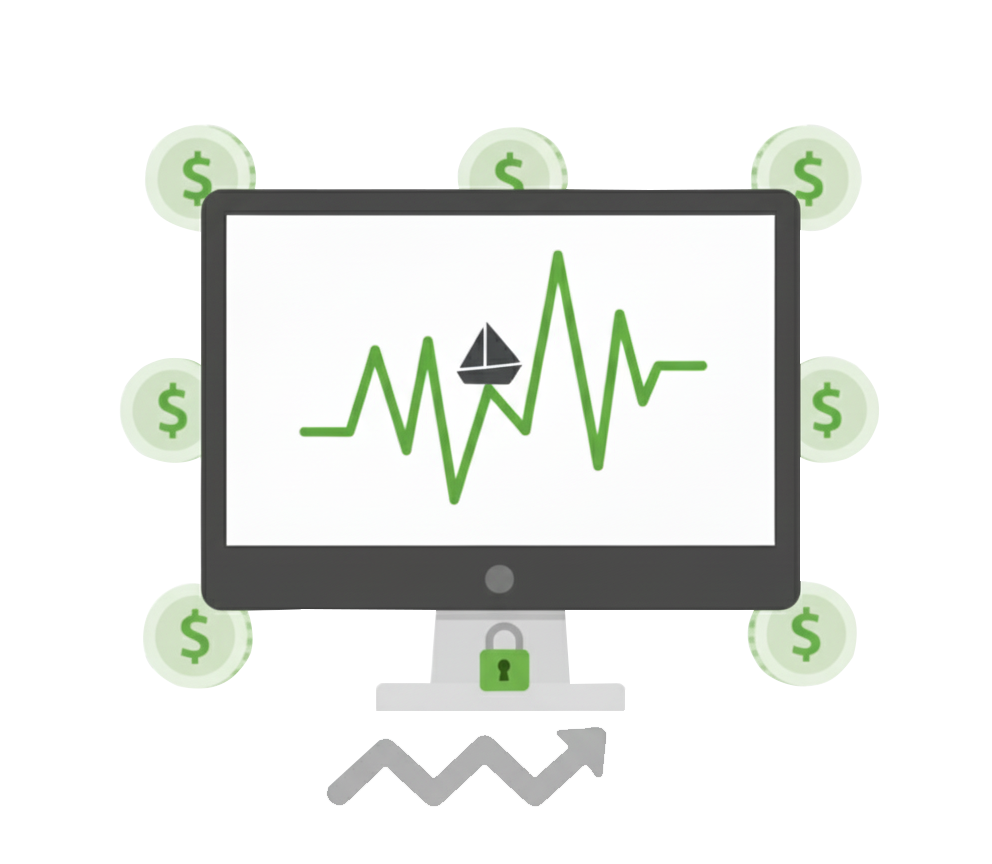
What is a floating housing loan interest rate? There are currently three types of floating interest rates in Singapore: SORA floating rates, board rates, and fixed deposit rates. These are considered variable home loan interest rates, meaning they can fluctuate at any time.
Floating Housing Loan Rates in Singapore: SORA vs Board Rate vs Fixed Deposit Rate
Comparison of SORA, Board Rate, and Fixed Deposit Home Loans in Singapore
| Feature | SORA Home Loan | Board Rate Home Loan | Fixed Deposit Home Loan (FHR) |
|---|---|---|---|
| Benchmark | Singapore Overnight Rate Average (SORA), a market-driven benchmark rate from the MAS. | The bank’s internal, proprietary rate. It is not tied to any public benchmark. | The bank’s own fixed deposit interest rate. |
| Pricing | SORA (e.g., 3-month compounded SORA) + a fixed spread (e.g., 0.50%). The final rate is transparent and tracks a public benchmark. | The bank’s board rate + a fixed spread (e.g., 1.5%). The bank can change the board rate at its discretion. | The bank’s Fixed Deposit Rate (e.g., FHR9) + a fixed spread (e.g., 1.25%). The bank can change the FHR. |
| Transparency | Highest. SORA is a public, daily-published rate, making the loan transparent and predictable. | Lowest. The bank’s decision-making process for changing the rate is not public. | Medium. The fixed deposit rate is transparent, but the bank has the discretion to change it. |
| Interest Rate Volatility | High. SORA can fluctuate frequently, leading to more continual and unpredictable changes in your monthly payment amounts. | Variable. Rates are less volatile than SORA but can change significantly and unexpectedly at the bank’s discretion. | Lower. The bank is generally slower to change its fixed deposit rates, leading to more stability than SORA and traditional board rates. |
| Predictability | High. You can monitor the SORA rate to predict future changes to your interest rate. | Low. You cannot predict when the bank will change its board rate. | Medium. The rate is more predictable than a board rate but still subject to the bank’s internal decisions. |
| Primary Benefit | Utmost transparency and a rate that reflects current market conditions. It is the most common floating rate loan in Singapore today. | Could offer a low entry rate during a promotional period. | Offers a fairly good amount of stability, as banks are less likely to change their fixed deposit rates frequently. |
| Main Risk | Monthly payments can fluctuate significantly based on market interest rate movements. | The bank can increase your interest rate at any time without a clear reason or warning. | The bank could make a large, sudden increase to its fixed deposit rate, which would then apply to your loan. |
| Who is it for? | Borrowers prioritising a transparent home loan and are alright with fluctuating monthly payments. | Not generally recommended for most borrowers due to the high risk and lack of transparency. | Borrowers prioritising stability and are willing to trade some transparency for a more predictable interest rate. |
Types of Home Loans in Singapore
HDB Home Loan
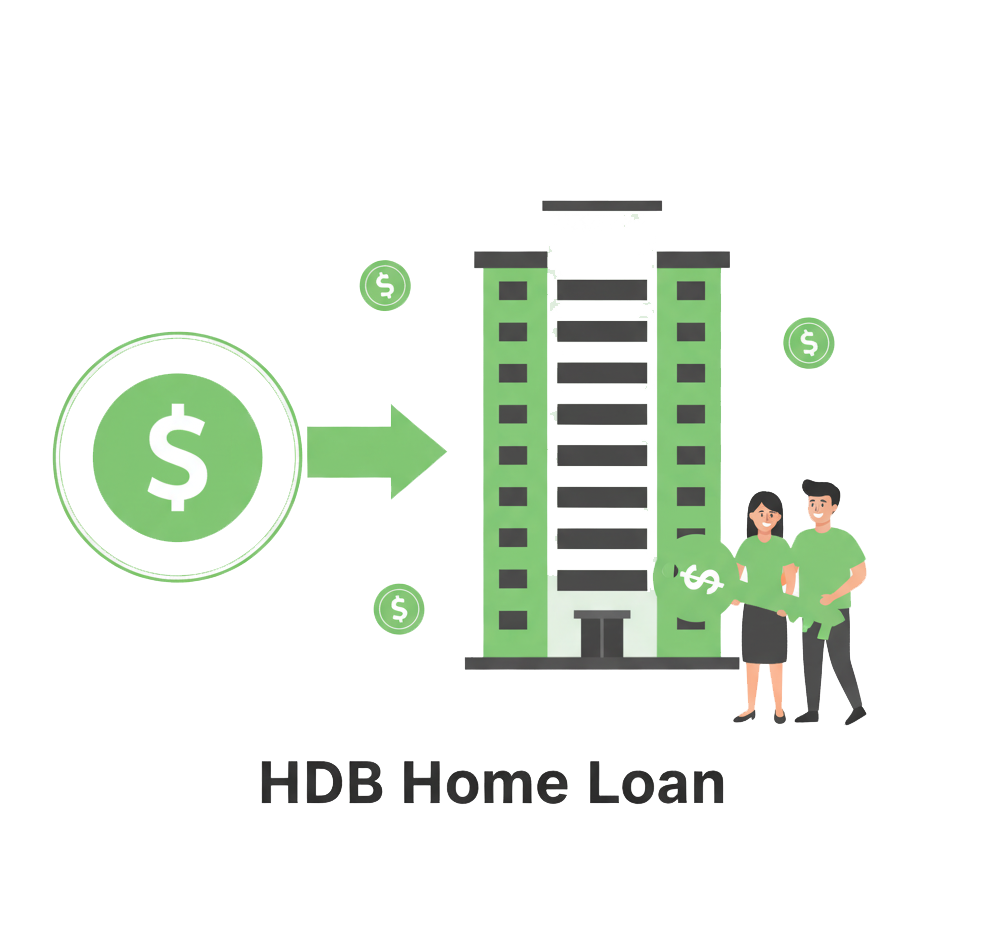
The HDB Home Loan is an exclusive loan scheme provided by the HDB to eligible Singapore Citizens and Permanent Residents for purchasing HDB flats. It is extremely popular thanks to its stable interest rate, which is pegged at 0.1% above the prevailing CPF Ordinary Account (OA) interest rate (i.e. currently 2.5% + 0.1% = 2.6%). This interest rate is very much less volatile than bank rates. To be eligible, applicants must meet specific income ceilings and not own any private property.
Private Property Home Loan
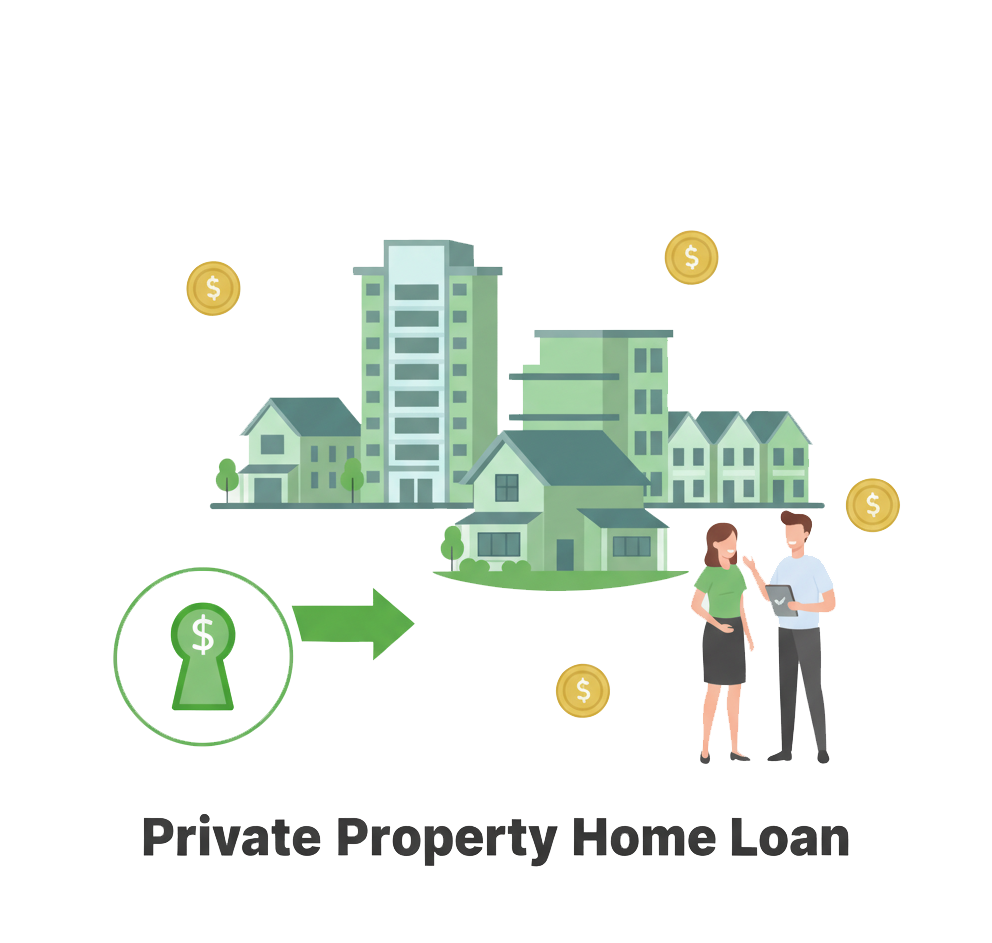
A private property home loan is a financing option offered by commercial banks in Singapore for purchasing private residential properties, such as condominiums and landed houses. Unlike HDB loans, these loans are not subsidised. The banks set their interest rates, which can be either fixed or floating. They offer greater flexibility in terms of loan quantum, repayment tenure, and a wider variety of loan packages, including SORA-pegged and fixed deposit rate loans.
HDB Home Loan vs Bank Home Loan
| HDB Home Loan | Bank Home Loan | |
|---|---|---|
| Eligibility | Open only to Singapore Citizens and PRs who meet HDB income ceilings and do not own other properties. | Available to Singapore Citizens, PRs, and foreigners, with no income ceiling. |
| Interest Rate | Stable, pegged to CPF OA rate (currently 2.6%). Less sensitive to market fluctuations. | Varies based on the bank and market conditions (can be fixed or floating). Generally lower than HDB rate during low-interest periods. |
| Loan-to-Value (LTV) Ratio | Up to 80% of the property’s purchase price or valuation, whichever is lower. | Up to 75% of the property’s value, but the LTV depends on existing loans and loan tenure. |
| Down Payment | 20% of the purchase price; can be paid entirely by CPF. | 25% of the property value; at least 5% in cash, and the rest from CPF. |
| Repayment | Flexible, with no penalty for early repayment. | Generally has a lock-in period, and prepayment during this time incurs a penalty. |
HDB Home Loan in Singapore
Financing Your HDB Flat
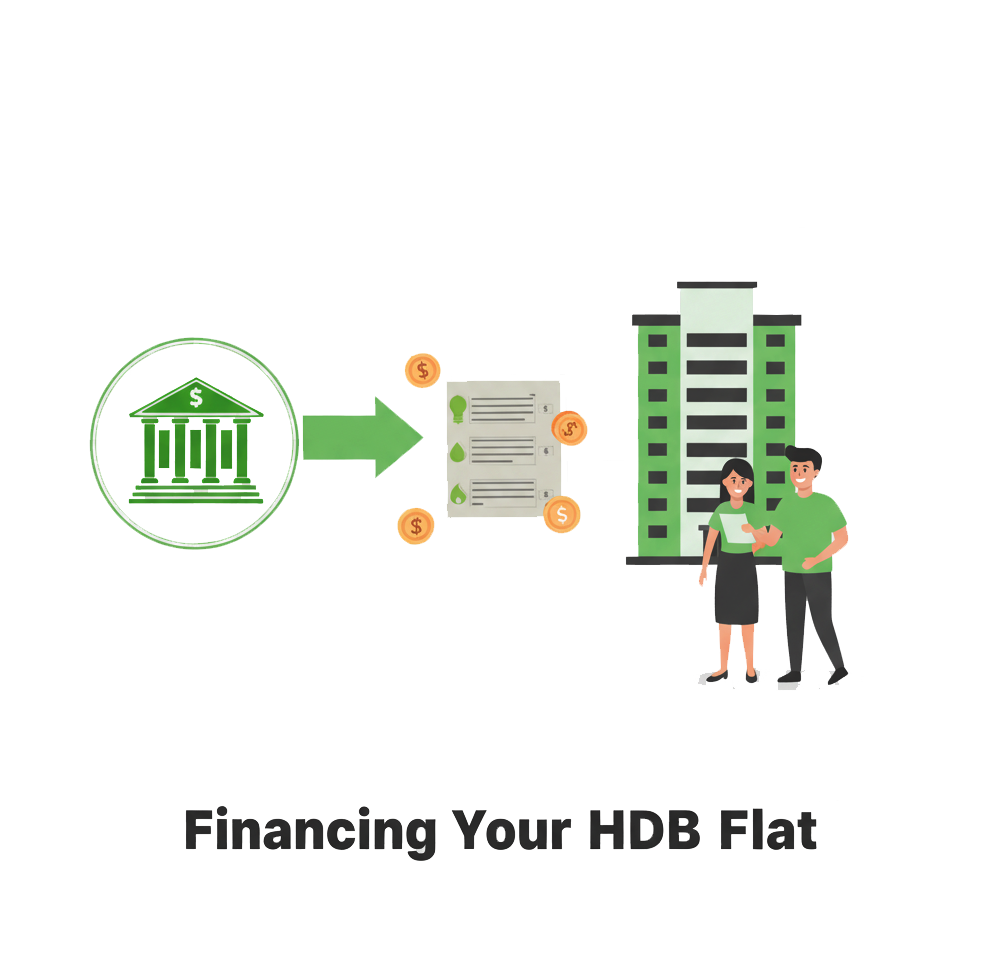
If you’re a Singapore Citizen or Permanent Resident buying an HDB flat, you may be eligible for a concessionary HDB housing loan. This loan is a popular choice for its stability. The interest rate is fixed at 2.6% p.a., a rate that is pegged at 0.1% above the CPF Ordinary Account (OA) interest rate. While the rate can theoretically change if the CPF OA rate is revised, it has remained stable for a long time, providing borrowers with financial certainty.
To qualify for an HDB loan, you are required to meet specific criteria, including a maximum household income limit and a restriction on owning any private or commercial property.
Private Property Home Loan in Singapore
Financing a Private Property in Singapore
When buying a private residential property, such as a condominium or a landed home, your only option for a mortgage is through commercial banks or other financial institutions. Unlike HDB loans, these loans offer a wide range of packages with different interest rates and terms. Your choice should be based on your risk tolerance and monthly budget.
- For Properties Under Construction (BUC): If you are buying a private property that is still under construction, a flexible bank loan without a lock-in period is often a wise choice. This allows you to refinance or reprice your loan to a lower interest rate once the property is completed and the loan is fully disbursed.
- For Completed or Resale Properties: For a completed or resale private property, you can choose from competitive fixed or floating-rate loans from major banks in Singapore. Remember: You are not eligible for an HDB loan to purchase a private property.
How to Get a Home Loan in Singapore in 3 Simple Steps
Step 1
Compare and Find the Best Loan: The first step is to research and compare the latest home loan interest rates and packages.
Step 2
Consult a Mortgage Specialist: Your loan journey is unique. Consult with experienced mortgage specialists to receive unbiased advice and have all your questions answered. Make sure you understand your eligibility and the In-Principle Approval (IPA) process before deciding whether an HDB or a bank loan is the right choice for you.
Step 3
Complete Your Application: Once you have your IPA in hand, you are ready to apply for your home loan. With expert guidance, the application process can often be completed in as little as two business days, although some international banks may require up to a week.
Home Loan FAQs
What is the lock-in period of a home loan in Singapore?
The lock-in period is a duration during which you are contractually obligated not to prepay, refinance, or sell your property. This period typically ranges from 1 to 5 years from the start of the loan. If you do any of these actions within the lock-in period, the bank will charge you a prepayment penalty, usually 1.5% of the prepaid or refinanced amount. Loans with a shorter or no lock-in period may come with a slightly higher interest rate.
What exactly is the Loan-to-Value (LTV) of home loans in Singapore?
The Loan-to-Value (LTV) is the maximum amount a bank can lend you for your property purchase, expressed as a percentage of the property’s value. The LTV is a key risk measure for lenders.
- First Home Loan: The LTV is capped at 75% for a first-time home loan with a tenure of 30 years or less, and when the loan does not extend past the borrower’s age of 65. You must make a down payment of at least 25%, with a minimum of 5% in cash.
- Second Home Loan: For your second home loan, the LTV is capped at 45% if the first loan is not fully paid. This requires a much larger down payment.
Which home loans are the best in Singapore?
The “best” home loan depends on your financial situation and risk tolerance.
- Fixed-Rate Loans: Best for those who value certainty and want to budget their monthly payments without worrying about interest rate fluctuations. They are suitable in a rising interest rate environment.
- Floating-Rate (SORA) Loans: Best for those who are comfortable with market fluctuations and believe interest rates will remain stable or fall. They often offer a lower interest rate at the beginning of the loan.
- HDB Home Loan: The best choice for eligible HDB flat buyers who prioritise stability and convenience, as the interest rate is stable and repayment is flexible.
Are there penalty fees for early repayment of my home loan?
Yes, most bank home loans in Singapore have a prepayment penalty. This penalty is typically a percentage of the prepaid amount (e.g., 1% to 1.5%) and is enforced if you make an early repayment or refinance during the lock-in period. HDB Home Loans, however, do not have a prepayment penalty, offering greater flexibility. It’s crucial to check your loan agreement for any such clauses before making an early repayment.
